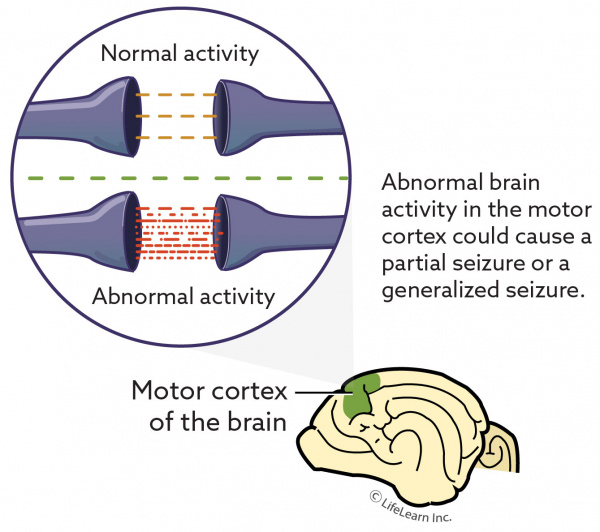Though some veterinarians do use them to control seizures and epilepsy in cats there is not a lot known about how these medications affect cats on a long term basis and what types of side effects to expect.
Cat seizure medicine side effects.
If side effects persist or seem severe notify your veterinarian.
Most side effects are temporary and disappear as the cat becomes used to the medication.
In most cases if a cat has one seizure he is likely to have another eventually.
Side effects not requiring immediate medical attention.
Used to treat partial seizures it is a once daily medicine used alone or with other medications to control seizures.
Seizures that occur infrequently aren t usually prescribed long term medications since there are side effects of these medications.
When giving anti seizure medications to your cat it is extremely important to work with your veterinarian to determine the correct dosage for your cat and to monitor for adverse side effects.
The most common side effect is sedation or lethargy but other signs can also occur.
However not every cat that has recurring seizures will be put on long term medication.
Also most anti seizure medications can induce suicidal thoughts or actions and or bring on or worsen depression.
Seizure medications have a variety of possible side effects.
The following is a list of potential side effects of different classes of seizure medications.
These side effects may go away during treatment as your body adjusts to the medicine.
Mild side effects are common particularly at the beginning of treatment or following changes in the regime.
If your cat is having any event like a convulsion or fit that lasts more than 2 3 minutes or is having repeated events back to back in a 24 hour period.
Because of the stress on the liver that long term anticonvulsant use can cause the medicine is usually not given to cats whose seizures are more than two months apart.
Flea and tick medicine poisoning occurs when your cat has a negative reaction to the medication.
Some side effects of levetiracetam may occur that usually do not need medical attention.
The effects range from mild to severe depending on the amount of exposure and condition of your cat.
Common side effects include dizziness sleepiness headache vomiting double.
Also your health care professional may be able to tell you about ways to prevent or reduce some of these side effects.










